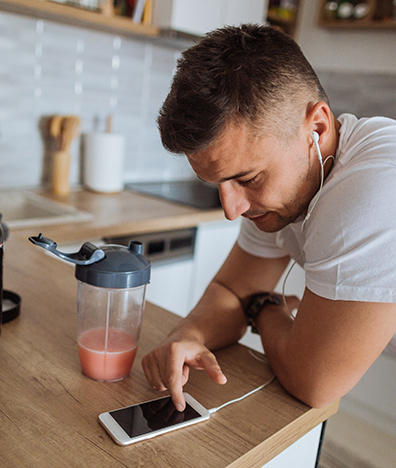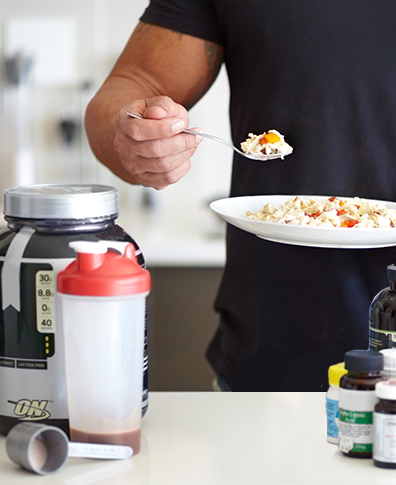Why personalized nutrition is the next big opportunity in food and drink?
Personalization within food and drink is a critical aspiration for suppliers and brands. This makes sense in alignment with Mintel’s trend Make it Mine, that consumers see personalization as a right, not a privilege and so the trajectory for personalization appears to be toward the mainstream.
Whilst personalization seems straightforward, there is no industry-wide definition of what personalization is for brands or suppliers in food and drink. At its most simple, brand-level personalization could involve a consumer choosing a color, flavor and at its most extensive it could involve the collection of biological data (eg. DNA tests), data from wearables (eg. heart rate, sleep quality) or even support from a healthcare professional.












